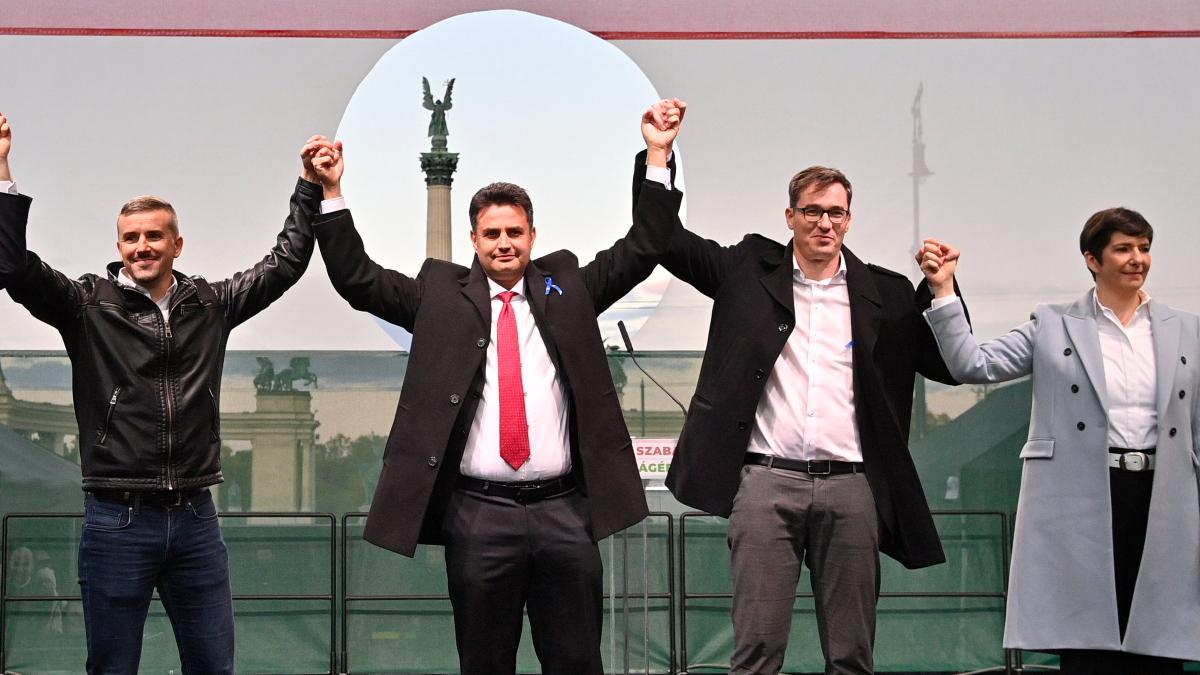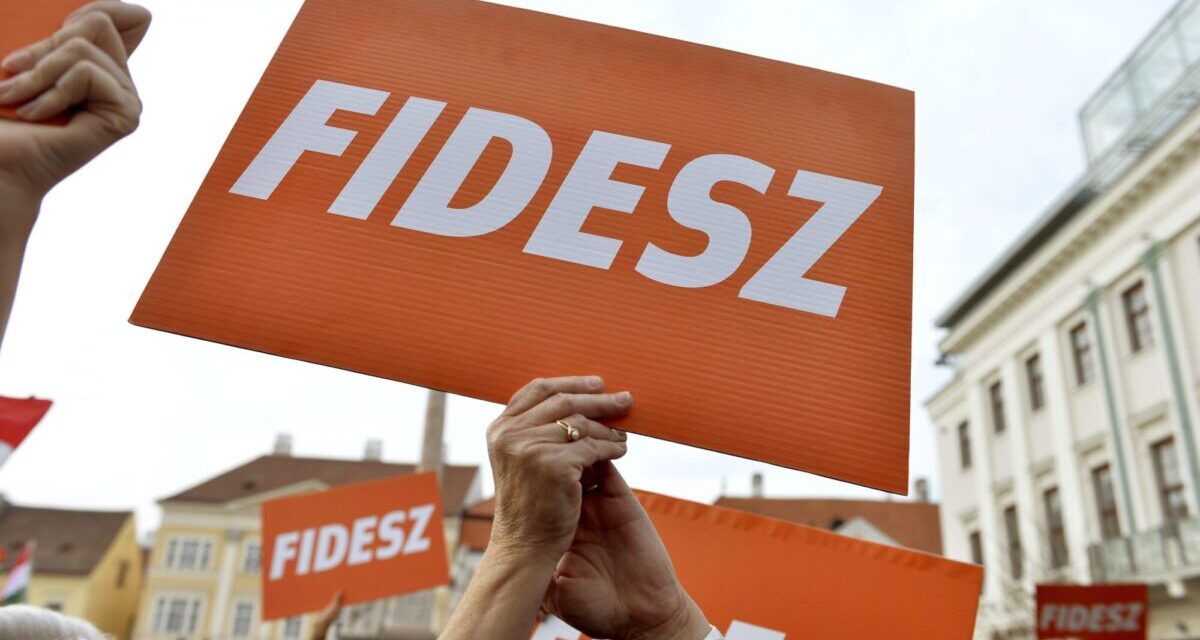Even according to a third of the opposition voters, the Orbáns will win the spring elections. Among the population of voting age, Media measured a 5 percent advantage for Fidesz, and the research also shows that the MKKP would also enter the parliament at the moment.
"Slowly, the chance of victory in the election is being threatened by the protracted catcalling that the opposition parties that organized and financed the primary election started on the day after Péter Márki-Zay's victory. It is becoming increasingly clear that the forces uniting against the Orbán government did not simply disappear after the primaries, which brought an unexpectedly high turnout and saw the opposition in an initiative role for the first time in years," hvg writes in the introduction to its article in which it examines the latest Median poll conducted by Hann Endre results are presented.
This shows that even a third of the opposition voters expect the ruling right wing to win in next spring's elections, just over half of the opposition voters (54 percent) said that the six-party coalition led by Márki-Zay will win in 2022. The same ratio for Fidesz voters is 91 percent: right-wing voters therefore seem confident three months before the elections, and the overwhelming majority of them expect Fidesz to win.
Applying the data to the entire population, we get that according to 63 percent of the voting-age population, Fidesz will win in 2022.
"If the primary election had some mobilizing effect on the opposition voters, it proved to be insufficient to restore faith in victory to all of them: only every second of them trusts in the success of the opposition coalition, a third of them expect the revival of Fidesz. It is bad news for the opposition that since there are more people among the supporters of the smaller parties and those who are uncertain who assume that the Orbáns will remain in power, almost two-thirds of the entire voting-age population hold the latter opinion," the paper evaluates the results.
The survey was conducted between December 4-7 by interviewing 1,000 people by telephone, based on a representative sample.
The survey also asked about party preferences. In a parliamentary election to be held in the near future, 39 percent of the voting-age population would choose Fidesz-KDNP, and 34 percent would choose the opposition coalition, the research shows.
Fidesz also leads the opposition in the "those who can choose" category with a five percent advantage of 45-40, while Median already measured a slight opposition advantage in the field of "certain voters who can choose": in this category, 45 percent would choose the left-wing joint list, 44 percent is Fidesz.
It is interesting that the two smaller formations, Mi Hazánk and Kétfarku Kutya Párt, were above the parliamentary threshold in all three categories mentioned above. The Toroczkais' party is supported by 5 percent of the sure party voters, and the dog party is supported by 6 percent in the same category. "Young people would be more likely than average to vote for the Hungarian Two-tailed Dog Party and the Mi Hazánk Movement," wrote Endre Hann in his commentary on the research.
Fidesz's chances can also be increased by the fact that at the moment it seems that it has more reserves than the opposition: 87 percent of those who voted against the government, who voted for unity, are also sure voters, and the same proportion for Fidesz is 74 percent: so there are still people to mobilize from the point of view of the governing parties .
The unknown author of the Hvg article does not mince words against Péter Márki-Zay and the opposition parties. "According to the signs, they haven't been able to take the very first step yet: to come to terms with the final result of the Prime Minister candidate race. Péter Márki-Zay also makes tactical mistakes, since, according to the news, instead of unifying the opposition, he is trying to assert his superiority resulting from his victory. Own party, own faction, right of veto on important decisions - these are some of the demands of the mayor of Hódmezővásárhely, but they overshadow the existing balance of power of the already unstable six-party agreement. In the meantime, he accuses opposition politicians of betrayal in several interviews," reports hvg.hu.

A seemingly premature handshake after the primary! Source: MTI/Zsolt Szigetváry
It is no wonder that, seeing the poor state of the opposition, the possibility of replacing Márki-Zay no longer occurred to a left-liberal speaker: after the author of the American People, Gyula Horn's finance minister, László Békesi, recently went to the mayor of Hódmezővásárhely.
Source and full article: mandiner.hu
Featured image: MTI/Nézőpont Institute













